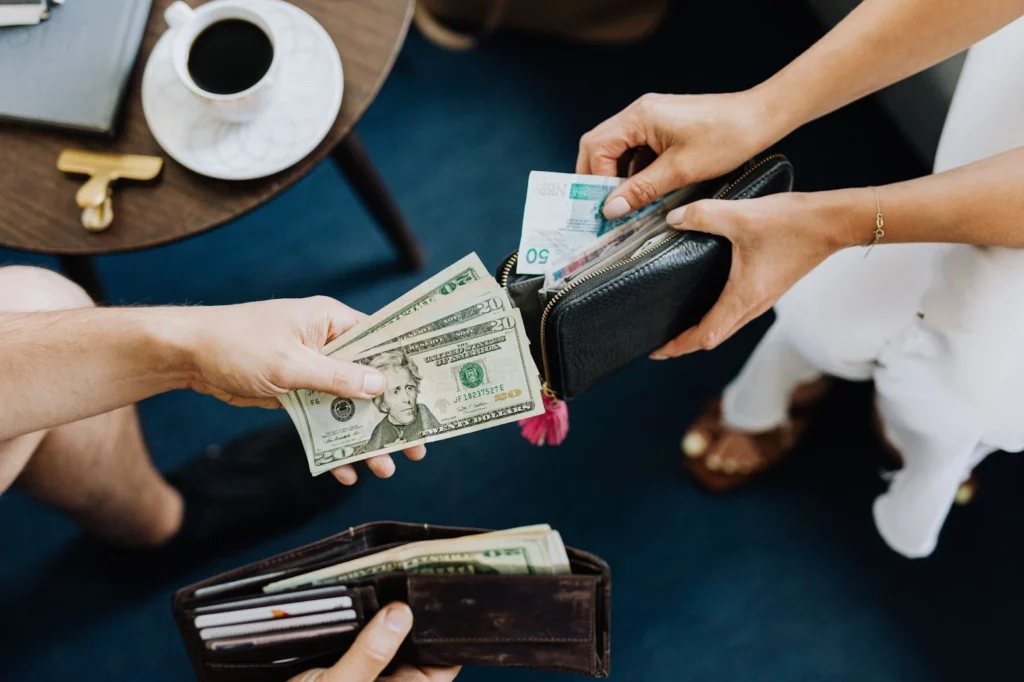Statistics reveal that the salary of Black women in the U.S. is 36% less than White men and 20% less than White women across the same industry. The wage gap is present regardless of education, location, and age, and it persists in both low- and high-paying positions in the United States.
So while payday offers a sense of relief, happiness, and fulfillment to many White people in America, it represents injustice for Black women. Black Women’s Equal Pay Day is commemorated on the 3rd of August every year to shed light on this truth!
Become an insider. Subscribe to our newsletter for more top trending stories like this!
Now, before it appears that Black women are working overtime to play victim, how about we turn the tables around?
What if a White man had to work 214 extra days to earn the pay as a Black female co-worker did in 365 days? We bet that it would sound displeasing to the ears of many White persons. While some would use race as an argumentative point, others may argue that the man is supposed to earn more by virtue of his role as a breadwinner. A paper by the Institute for Women Policy Research reveals that more than four in five Black mothers (81.1 percent) are breadwinners, with a majority of Black mothers (60.9 percent) raising families singlehandedly.
But Why the Gap?

Several factors, including differing access to education, gender and racial discrimination, systemic inequalities, workplace harassment, and job segregation, are responsible for the wage gap between Black women and their white co-workers.
Additionally, discriminatory hiring practices and promotion decisions that prevent women, particularly black women, from exercising managerial and well-paid positions have played a significant role in maintaining this gap.
Effects of the Wage Gap on Black Women

Among full-time, year-round workers, Black women earn only 63 cents for every dollar paid to their white, non-Hispanic male counterparts, according to the National Women’s Law Center. But the pay gap amounts to more than just a few cents lost. Black women lose an estimated $964,400 to the wage gap throughout a 40-year career.
The loss compounds over time, leading to many consequences for Black women. It can affect their productivity and mental health, reduce work satisfaction, impede their career advancement, and deepen the racial and gender wealth gaps.
Become an insider. Subscribe to our newsletter for more top trending stories like this!
Additionally, the pay disparity isn’t only a disservice to black women but also to their families. Considering that a good majority of Black women are co-breadwinners or primary breadwinners, the sustainability of their household depends on their paycheck.
When Black women earn less, it reduces their families’ potential to improve their standard of living and invest in education, an emergency fund, and solid assets.
Black Women’s Equal Pay Day: Closing the Wage Gap

Black women’s pay inequality is a persistent and universal problem. Unfortunately, the gender wage gap has been narrowing too slowly despite considerable advancements in Black female education and increasing rates of female labor force involvement in America.
From 1988 to date, Black women’s earnings ratio has increased from 59% to 63%, a 7% difference. At this rate, the gap will close in the next 350 years (in 2369).
Rather than passively waiting for congress, companies, and societies to act, Black women can take bold steps to close the gap by themselves. Here are some strategies we recommend:
- Leverage any opportunity to communicate your desire for equality.
- Learn to negotiate a higher salary and better benefits.
- Seek out skill-building opportunities and actively search for jobs that pay higher.
- Network. Build a network of mentors, sponsors, and allies in your workplace or industry, so others can support you and ensure you receive what you deserve.
- Be an ally for other black women.
Become an insider. Subscribe to our newsletter for more top trending stories like this!





